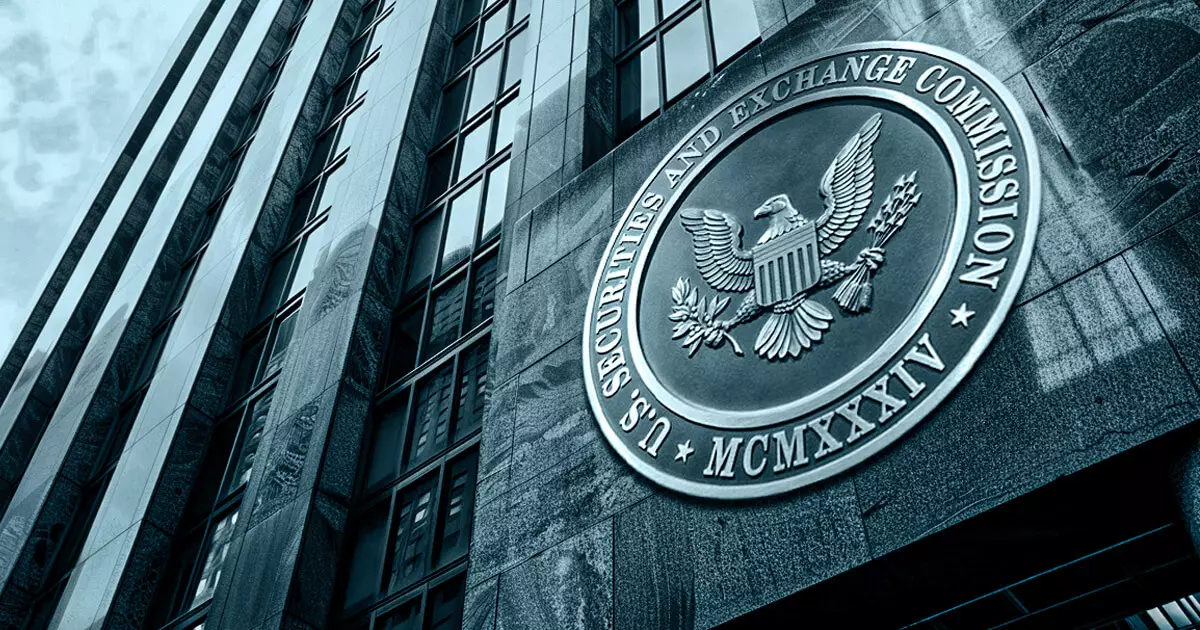The Securities and Exchange Commission (SEC) has taken a firm stance against Richard Heart, also known as Richard Schueler, in a $1 billion fraud case. The SEC vehemently opposed Heart’s attempt to dismiss the case, arguing that his promotion of unregistered digital assets like HEX, PulseChain, and PulseX directly targeted US investors. The regulator’s filing emphasized that Heart’s actions are subject to US jurisdiction and that there is substantial evidence supporting claims of widespread securities fraud.
SEC’s Claims of Securities Fraud
According to the SEC, Heart allegedly raised over $1 billion from investors worldwide by selling unregistered securities and then misappropriated funds for personal gain. The complaint accuses him of violating key provisions of the Securities Act and the Securities Exchange Act, detailing how his fraudulent activities had a direct impact on US investors. The SEC contended that Heart’s activities, including promotional efforts and interactions with US-based audiences, were specifically designed to attract investments from within the country.
Heart’s defense centered around the argument that his activities were primarily conducted outside the US and therefore not subject to US securities laws. He claimed that the transactions in question were predominantly foreign, challenging the court’s jurisdiction over the case. Additionally, Heart argued that the SEC’s allegations were insufficient to support claims of fraud. In response, the SEC refuted these claims by highlighting the significant and direct impacts of Heart’s actions on US investors.
Allegations of Fraud and Misappropriation
The SEC’s complaint detailed how Heart misled investors about the use of their funds, allegedly diverting millions for personal luxuries such as expensive cars and extravagant purchases like the world’s largest black diamond. The SEC emphasized that Heart’s promotion of the digital assets in question was not incidental but rather part of a calculated strategy to attract substantial investments from US investors. The watchdog agency accused Heart of violating Sections 5(a) and 5(c) of the Securities Act of 1933, as well as antifraud provisions under Section 17(a) of the Securities Act and Section 10(b) of the Securities Exchange Act of 1934.
Despite Heart’s attempts to dismiss the case, the SEC remains resolute in its pursuit of legal action against him. The SEC’s detailed memorandum outlined the grounds for jurisdiction over Heart, citing his connections to the US and the magnitude of his alleged fraud as key factors. The agency’s opposition filing signaled its commitment to holding accountable those who engage in deceptive practices within the digital asset space. As the case unfolds, the SEC’s efforts to combat securities fraud in the evolving landscape of digital assets remain steadfast.



















Leave a Reply